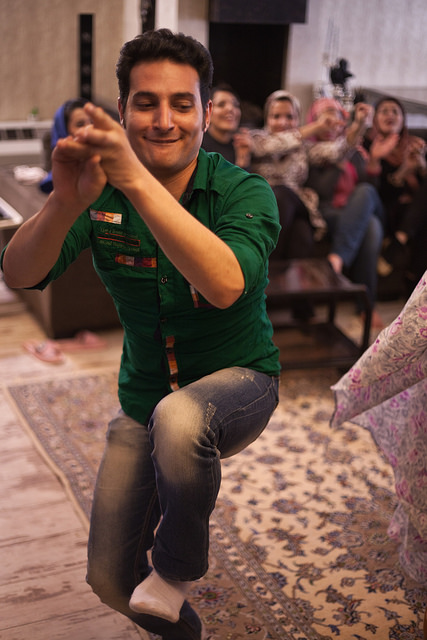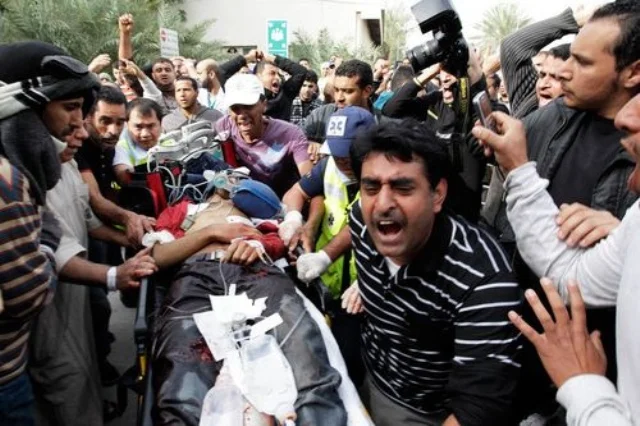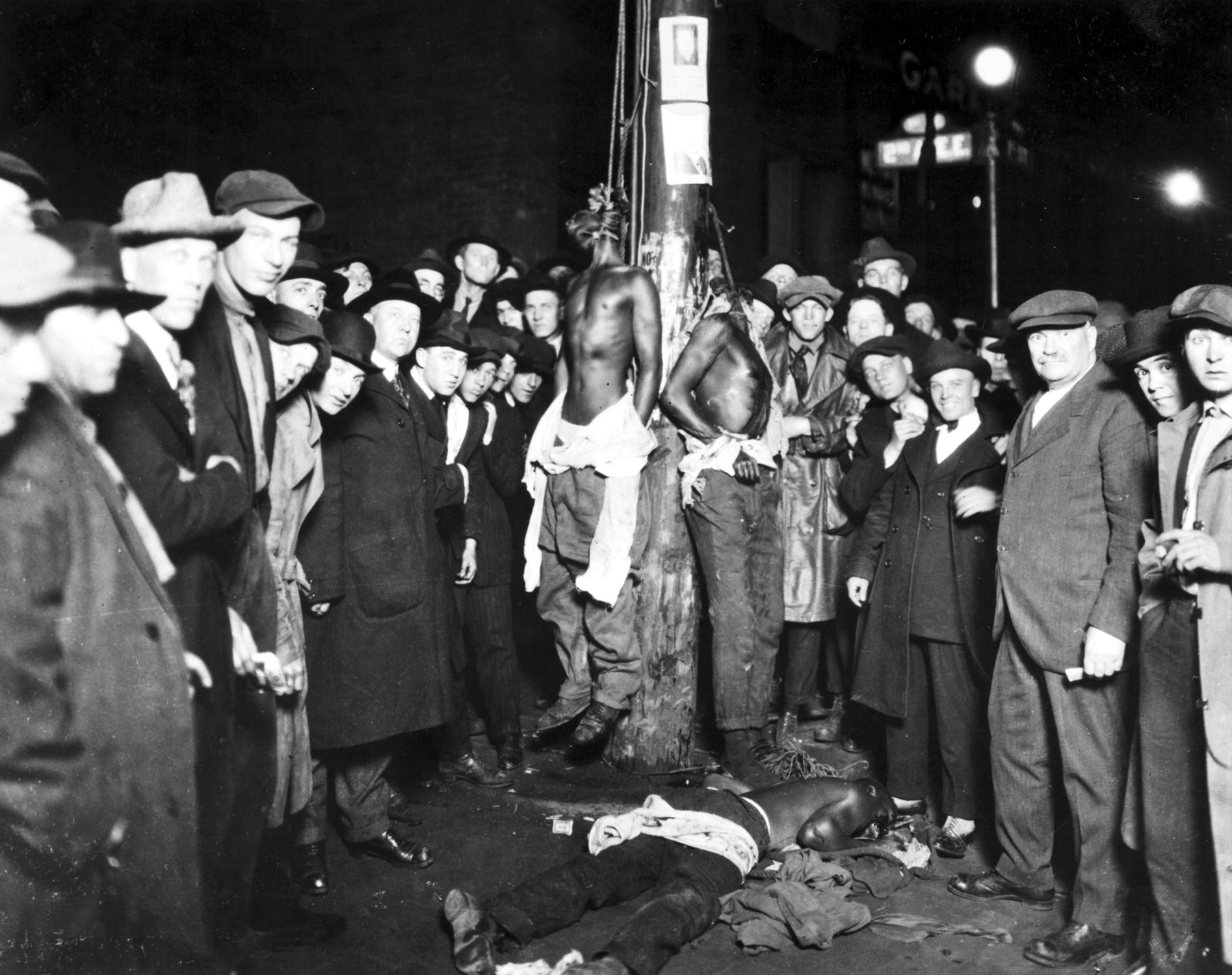Ayanna Nahmias, Editor-in-ChiefLast Modified: 10:04 AM EDT, 26 March 2012

NEW DELHI, India - Three years ago, on 13 April 2009, Shri M. Hamid Ansari, the current Vice President of India, released a book titled, "Challenges and Strategy: Rethinking India's Foreign Policy" authored by Ambassador Rajiv Sikri of the International Institute for Strategic Studies (IISS).
In the book, Sikri seems to have anticipated the United States’ move to initiate economic sanctions against Iran and outlined a roadmap for India to respond to this eventuality.
At that time Ambassador Sikri was the “Secretary (Deputy Minister) in the Ministry of External Affairs, New Delhi, in charge of India’s relations with Central Asia, Caucasus, East Asia, ASEAN, the Pacific region, the Arab world, Israel and Iran.
He also served as Ambassador of India to Kazakhstan and as Deputy Chief of Mission at the Indian Embassy in Paris.” (Source: Foundation for Non-Violent Alternatives)
In his book, Sikri postulated India’s position in the world would continue to ascend in terms of its economic prowess, scientific acumen, and human capital. China, in addition to its continued role as banker to a number of countries, most notably the United States; is another emerging economy that continues to realize growth through its strategic receptivity to business innovation.
In fact, according to The National Intelligence Council (NIC) of the United States, both China and India are expected to achieve parity with the U.S. within the next 10 years. Having prognosticated this over 3 years ago in his book, Sikri proposes that India’s role during this period of rapid growth should also include increased “stability in the littoral states.”
He opined that increasing freedom of navigation in the Persian Gulf and the Strait of Hormuz, security of sea lanes, and the availability of an interdiction capacity to safeguard Indian shipping will go a long way toward India becoming a major player in the region. The effect of this level of engagement would be the development of more dynamic political relationships with all the states of the Persian Gulf.
Also, in 2009, Sikri correctly deduced that in the future India would find itself in conflict with American strategic policies. In a chapter titled ‘U.S. and Nuclear Issues,’ he emphasized the importance of India as a sovereign nation to determine its own foreign policy strategies. As such, its commitment to continue to trade with Iran despite America's imposed economic sanctions demonstrates their determination to enact policies in the best interest of the nation.
By following this protocol, the government ensures its continued growth and development that will ultimately result in an increased standard of living for India's estimated 1.2bn people. (Population Figure from World Bank)
According to Andrew Bacevich, a professor of international relations at Boston University and a retired career officer in the United States Army, Iranians have every reason to view the U.S.government with suspicion and hostility. The history of tensions between the U.S. and Iran is nearly 60 years old.
In 1953, under President Dwight Eisenhower, the CIA and British MI-6 collaborated to overthrow the democratically elected Iranian government and installed a puppet leader, an action undertaken without any concern for the Iranian people, but in pursuit of near-term strategic interests.
In his book "The Limits of Power, The End of American Exceptionalism," Bacevich postulates that the current Iranian ‘nuclear’ crisis is a cover for more convoluted motives similar to the political machinations of the 1956 Suez Canal crisis. It started when Colonel Gamal Abdel Nasser Hussein, led the Egyptian Revolution which resulted in him becoming president in 1956, a position he held until his death in 1970.
Under his leadership, Egypt nationalized the Suez Canal Company, an act that was untenable to Britain which had colonized and ruled Egypt for decades. Consequently, Britain enlisted the support of the U.S., France and Israel to regain control of Egypt through military aggression, ostensibly on behalf of the international community. Because they did not succeed in toppling the government, Nasser and his rule came to embody anti-imperialist efforts in the Arab World and Africa, a nationalist and political movement now known as Pan-Arabism or Nasserism.
With regard to nuclear disarmament and preemptive strikes, the U.S. has a long history of taking military action against any country that possessed equal armament, military might and therefore constitutes a direct and imminent threat. By this yardstick, North Korea, qualifies, because its nuclear program is well-developed, they are an isolated and hostile government, and its government currently possesses long range nuclear weaponry that could potentially threaten the U.S. and its allies.
In fact, on Monday, 26 March 2012, the Nuclear Security Summit met in Seoul to discuss the issue of nuclear terrorism. In attendance were President Barak Obama and President Dmitry Medvedev, as well as leaders from 53 nations and organization who gathered to discuss methods to prevent terrorist groups from acquiring nuclear bombs or highly enriched uranium that could be used to build a nuclear bomb.
Though North Korea was not on the agenda, its planned long range missile launch scheduled for this week was hotly debated, and Summit leaders agreed that some preemptive action should occur if peaceful negotiations failed. By contrast, Iran possesses no such weaponry, and like the phantom ‘weapons of mass destruction’ which were the pretext by which George Bush justified the war in Iraq; the likelihood of discovery of any significant cache of weaponry in Iran is highly speculative.
It is true that there are a number of radical and virulently racist voices within the Iranian government, but unlike Kim Jong-il, and his successor Kim Jong-un, it appears that Mahmoud Ahmadinejad posturing obscures Iran’s inability to enforce any threats. In fact, Bacevic equates this current incitement by American strategists with regard to Iran, as the same mindset by which arm chair war mongers successfully manipulated previous American presidents into a nuclear war crisis with the Soviet Union until “cooler heads prevailed.”
These same voices instigated the open-ended 10-year war in which the U.S. has been mired in Afghanistan and more recently Iran with the intent to enrich military contractors without regard to the loss of thousands of lives by thousands of American soldiers and over 100,000 Iraqis. In fact, these two conflicts didn’t yield a single victory until President Obama directed a change in strategy to include targeted assignations like the one which killed Osama bin Laden.
India and Iran number among China, India, Russia, Europe, and maybe Brazil operate in a world in which the U.S. no longer the sun against which all other countries must resolve. According to Bacevic the new geopolitical landscape will be multipolar, and America must mature and accept its role in this new governance paradigm. President Obama in a recent speech stated that ‘American Exceptionalism’ must evolve in order to survive. This new reality does not negate other countries’ sovereign rights to pursue strategies which are in their best interests and compromise shall become the order of the day.
As Tehran and New Delhi plan to hit $25bn in annual bilateral trade over the next four years, it remains to be seen if India will back down in its support of and continued trade with Iran. In any event, the Indian government has taken a stand, flexed its muscles, and stands poised to assume its rightful place in a 21st century multipolar order.
Follow Nahmias Cipher Report on Twitter
Twitter: @nahmias_report
Editor: @ayannanahmias

































